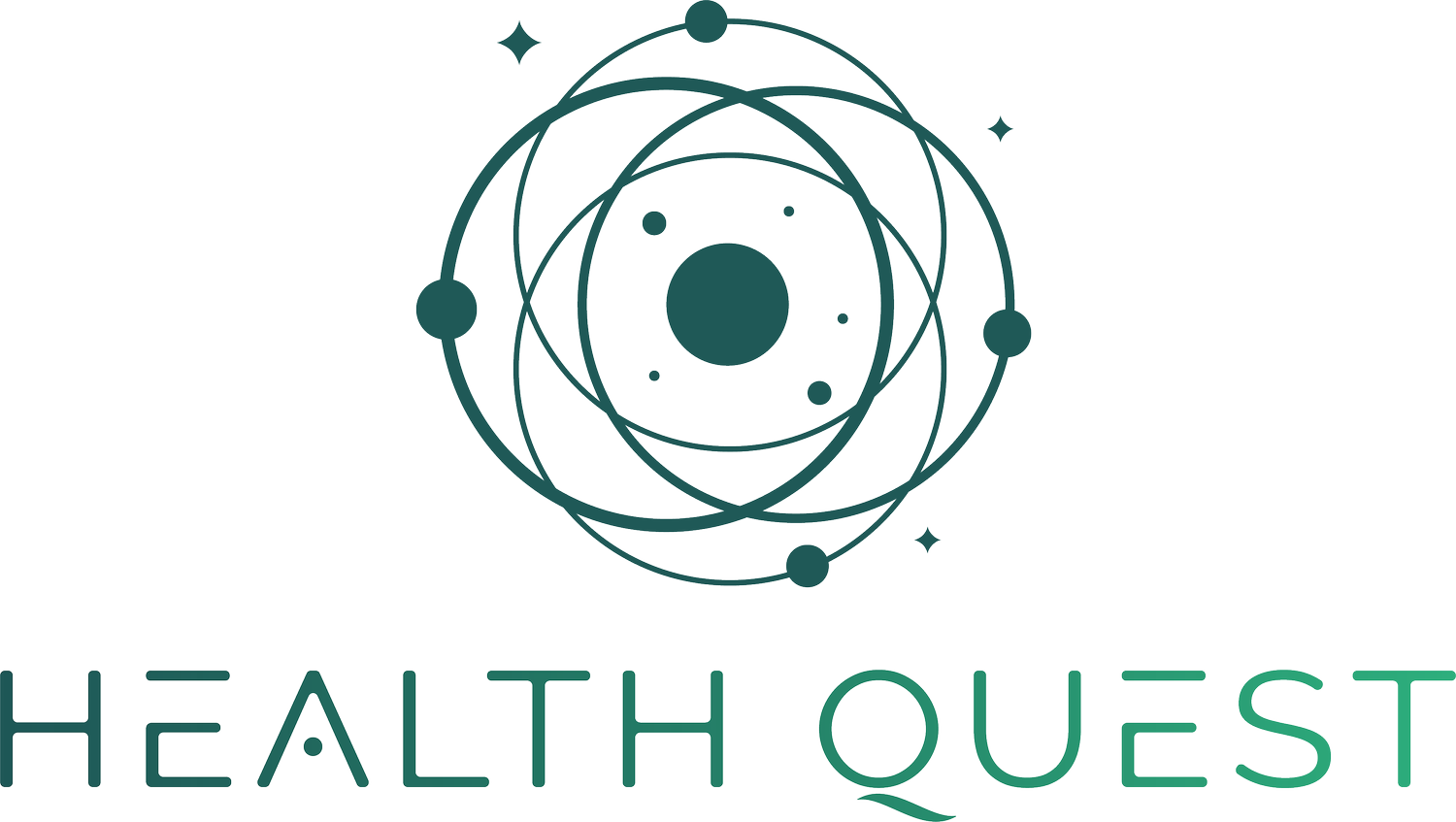Goal Setting with the Right Support: The Benefits of Executive Functioning Coaching for People with ADHD
Working with a coach can be a great asset to those with ADHD
When it comes to managing ADHD, goal setting can often feel like an uphill battle. While people with ADHD may have a wealth of creativity, enthusiasm, and ambition, the skills required to plan, prioritize, and execute those goals can be elusive. For many, the challenge isn't a lack of desire or ability, but rather the difficulty in navigating the executive functions—the mental processes that help us plan, make decisions, and stay on track.
This is where executive functioning coaching becomes a game-changer. Executive functioning coaching is specifically designed to help individuals with ADHD harness their strengths, overcome their challenges, and achieve their goals with greater ease and confidence. But how exactly does coaching help with goal setting and planning, and what makes it so effective for people with ADHD? Let's take a closer look.
What Is Executive Functioning?
Before diving into how coaching can help, it's useful to understand what executive functioning actually is. Executive functions are a set of mental skills that include:
Planning: The ability to think ahead and organize tasks.
Prioritizing: Recognizing which tasks are most important and focusing on them.
Time management: Allocating the right amount of time to each task and staying on schedule.
Task initiation: Starting tasks without procrastination.
Working memory: Holding and manipulating information in your mind while completing tasks.
Response Inhibition / Impulse control: Managing distractions and resisting the urge to act impulsively.
Transitions / Task Switching: Moving smoothly between tasks or activities.
Organization of Materials: Keeping physical and digital materials in order for easy access.
Cognitive Flexibility: Adapting thinking and actions in response to new information or changing circumstances.
Emotional Regulation / Stress Tolerance: Managing emotional responses and handling stress effectively.
Self Monitoring / Self Performance Measurement: Tracking one’s own actions and progress to adjust behavior.
Attention / Focus: Sustaining concentration on tasks and filtering out distractions.
Sustained Effort / Task Monitoring: Maintaining effort and tracking progress over time to complete tasks.
Goal-Directed Persistence: Continuing to work toward a goal despite obstacles or setbacks.
For people with ADHD, these skills are often impaired or develop differently. This means that even with strong intentions and high aspirations, setting and reaching goals can become frustratingly difficult.
How Executive Functioning Coaching Helps with Goal Setting
Executive functioning coaching is tailored to address the specific cognitive and emotional challenges people with ADHD face. Coaches specialize in helping individuals strengthen their executive functions, providing structured support and strategies that make goal setting not only more achievable but also more manageable. Executive functioning coaches can help people with ADHD break goals into manageable steps, create a structured plan, stay focused and avoid distractions, build accountability, improve time management, and boost self-esteem and motivation.
Here at HQ Psych, we are proud to offer Executive Functioning Coaching by our coach, Eric Whittington. Eric can help clients meet their goals with a personalized approach and practical strategies to help them build the skills they need to succeed. If you or someone you know is struggling with managing their ADHD and goal setting, contact Eric for a free consultation to get started. With the right tools, support, and mindset, goals that once seemed out of reach can become entirely within grasp.


